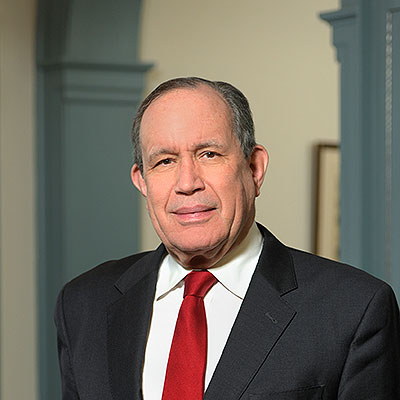The Wage Payment and Collection Law
There are laws against not paying employees. In fact, Pennsylvania has one of the strongest Wage Payment and Collection Laws (WPCL) in the country. Pennsylvania’s WPCL can be a powerful tool for employees who are due unpaid or underpaid wages and benefits. Moreover, employers must be aware of WPCL requirements to avoid costly litigation and potentially substantial liability for their businesses. Our employment attorneys can avoid concerns whether you're an employer or an employee.
WPCL For Employees
The Wage Payment and Collection Law requires that employers pay wages and other earned fringe benefits on a regular basis as designated in advance. For departing employees, employers must pay earned wages and benefits by the next regular payday upon which said wages would be due and payable.
An employee who brings a successful claim or lawsuit under the Wage Payment and Collection Law can collect not only the wages due but a penalty of up to 25% of the unpaid amount. The WPCL also provides for mandatory payment of counsel fees by the employer for a successful employee.
If you believe your employer has underpaid or unreasonably delayed in paying you, call us. The employment attorneys at our Montgomery County and Bucks County law firm will provide a description of your WPCL rights. In addition, they'll take action to assist you in recovering what you have earned.
Wage Payment and Collection Law for Employers
Pennsylvania employers must ensure they conduct business operations within the requirements of the WPCL. Violations of the law can subject a business to possible criminal penalties as well as civil liability considering the laws against not paying employees. Moreover, if employers fail to pay wages and benefits timely, they may be held personally liable.
It, therefore, behooves both businesses and the people who run them to pay employees in accordance with the law's requirements. So, you must retain wage payment records properly, and allow all deductions from paychecks under the Wage Payment and Collection Law, including proper documentation.
If you're an employer, don't wait to be sued. Consult with an employment lawyer near you to make all reasonable efforts to make sure that your practices are in compliance with the WPCL. However, should an employee file suit, our employment attorneys will fight to protect you and your business.


